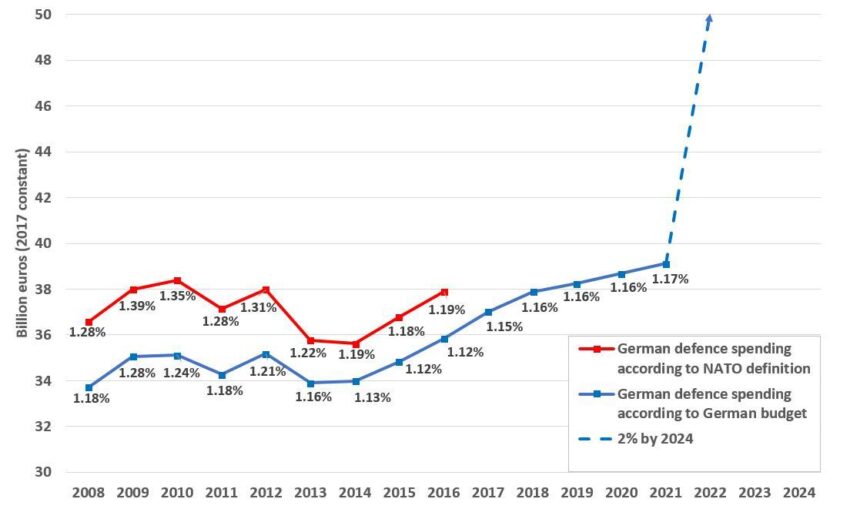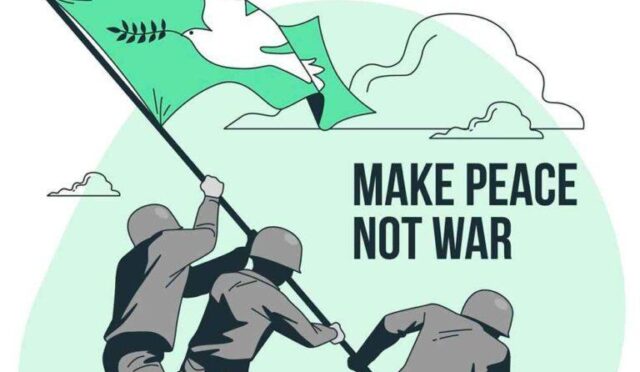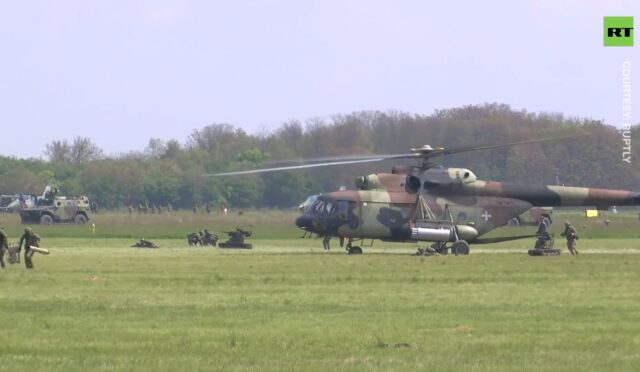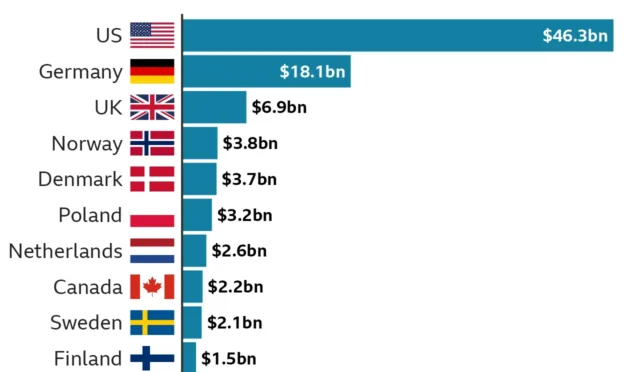Germany Defense Budget: Scholz Rejects Spending Proposal
German Chancellor Olaf Scholz has firmly rejected a proposal to nearly double Germany’s defense budget, positioning himself as a cautious and moderate voice ahead of the upcoming snap elections next month. Scholz described the idea of significantly increasing defense spending “without clarity on its intended use or funding sources” as a “half-baked” concept. He raised an important question, asking, “Who will pay the bill? The citizens?”
This response comes in light of a suggestion from his deputy, Robert Habeck, who is leading the Greens into the general elections scheduled for February 23. Habeck, in an interview with Spiegel magazine, advocated for raising Germany’s defense budget to 3.5 percent of its gross domestic product (GDP), surpassing NATO’s target of two percent. He argued that a substantial increase was necessary to deter potential aggression from Russian President Vladimir Putin, emphasizing the need for Germany to spend almost double on defense.
Context of Scholz’s Decision
The debate over defense spending has intensified since Germany met NATO’s two-percent GDP benchmark for the first time in decades last year. This milestone was achieved after Chancellor Scholz announced a significant increase in military spending following Russia’s invasion of Ukraine in 2022. However, Scholz’s government has faced internal conflicts over spending priorities, leading to the breakdown of his three-way coalition in November.
In response to these challenges, the chancellor has called for “massive investments” in defense and security. Yet, despite his calls for increased spending, Scholz has not provided specific figures, which has raised questions about his commitment to a robust defense strategy. As he campaigns, Scholz aims to present himself as a prudent advocate for peace, addressing voter concerns about the escalating war in Ukraine.
NATO’s Position and Future Spending
NATO Secretary-General Jens Stoltenberg has emphasized the need for member states to enhance their defense commitments in light of ongoing threats from Russia. His comments come amid speculation that NATO may agree on a new, higher spending target during upcoming discussions. Last year, 23 of NATO’s 32 member countries met the alliance’s two-percent GDP goal, but Stoltenberg indicated that “a lot more” will be required to effectively counter the Russian threat.
The push for increased military budgets comes at a time when European nations are reevaluating their defense strategies in response to geopolitical tensions. As Scholz navigates these complex dynamics, his administration faces scrutiny over how it will balance the demands for heightened military spending with the economic concerns of German citizens.







